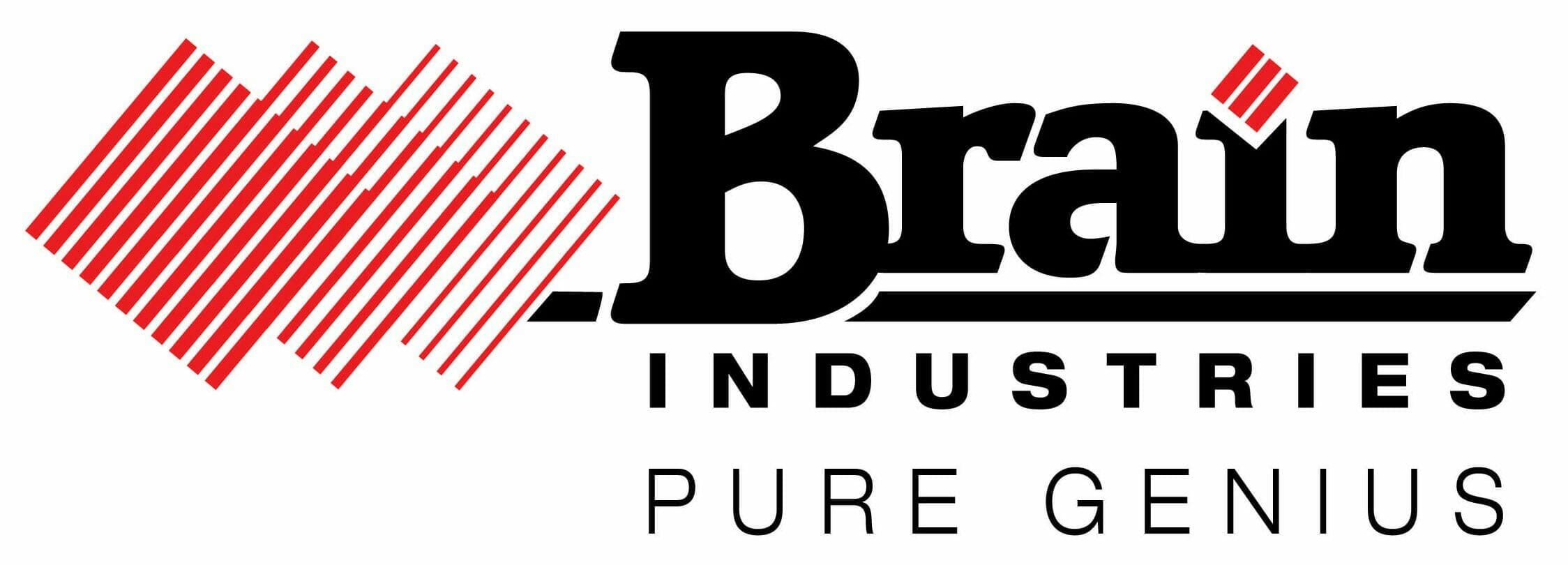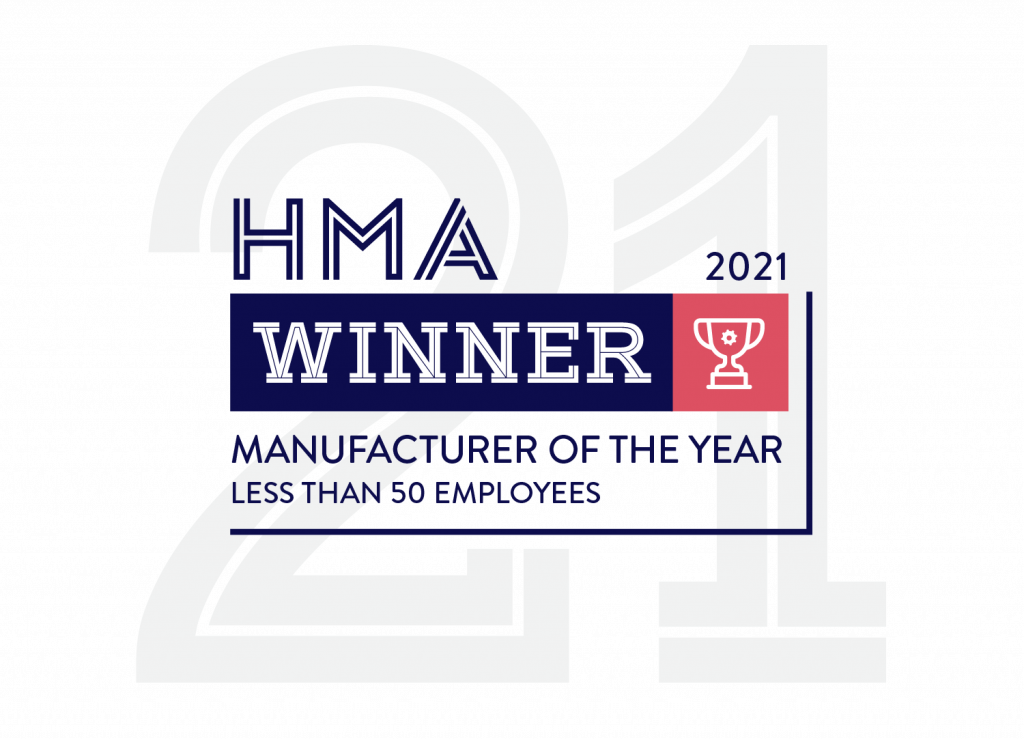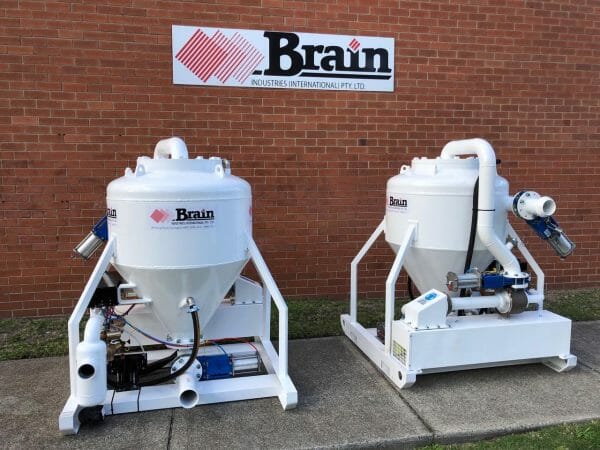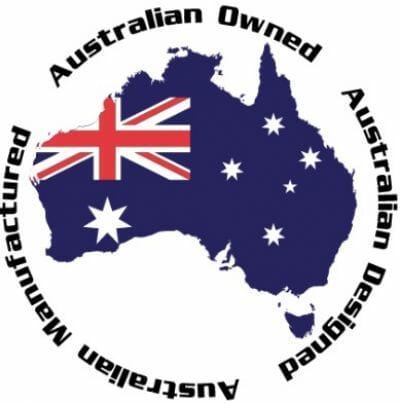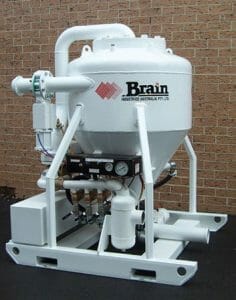 Australian airloader pump technology is being used as key oil and gas industry equipment in Africa and elsewhere to remove heavily solids laden slurries and sludges normally considered impossible with conventional pumps.
Australian airloader pump technology is being used as key oil and gas industry equipment in Africa and elsewhere to remove heavily solids laden slurries and sludges normally considered impossible with conventional pumps.
NSW (Newcastle) based Brain Industries has exported its second Airloader pump to Nigerian oil and gas services company Patoski International Services.
The Airloader is a portable, compressed air powered unit. Unlike conventional pumps, which rely on vacuum displacement, the Airloader combines high velocity suction airflow (25cu m min /900cfm) with a powerful vacuum (-0.88 Bar/26”Hg).
Brain Industries’ managing director Gillian Summers said the pump acts like a vacuum truck, sucking up material and then discharging it. Gillian said it is the only one of its kind in the world that can suck up the thickest and most viscous (up to 80mm in lump size) materials across horizontal distances of more than 100 metres and at depths of more than 35 metres below the pump. It can discharge the material over distances of more than 1km horizontally and heads of up to 60 metres.
She said while Brain’s standard Airloader pump operates at 900 cubic feet per minute (CFM) the pumps ordered by Patoski have been upgraded to 1200CFM to deliver increased vacuum, speed and vertical lift. The upgraded pump is allowing suction at around 50 metres below the pump.
This is the fourth pump sold to Nigeria in the past 18 months. It has also had orders from the UK and USA. Drew said demand for the technology is strong because it can be used for a variety of tasks including: tank, sump and floating production storage and offloading (FPSO) cleaning; pit and mud tank cleaning; cuttings transfer and solids handling; mud transfer; and rig cleaning. She said the pump can be used across a large range of industries including the mining, heavy industry, transport, chemical, waste management and agriculture.
“Brain’s Airloader can convey any flowable material containing solids and is an asset to both production and exploration platforms,” Gillian said.
“Because there are no moving parts in contact with the material, the pump can handle large lump sizes, waxy, fibrous and abrasive materials,” she said.
The pump is designed and built at Brain’s manufacturing facility in Carrington.
“Our success with this and other products is proof that Australia’s manufacturing industry can thrive in providing high end solutions to problems being experienced by key industries around the world.”
Patoski’s managing director Patrick Otele said the pumps are being used to clean the hulls of clients’ FPSOs to enable survey inspections. Previously the hulls of these floating oil tankers had to be manually cleaned with buckets because other pumps could not reach the depths of the hull. After the success of the first pump it ordered a second.
“This oil and gas industry equipment is saving us a lot of time and effort,” Patrick said.
“They help to easily remove all of the scale, solids and oil that have built up on the inside of the hull over years of operation,” he said.
Nigeria is the largest oil and gas producer in Africa and the industry is estimated to contribute as much as 95 per cent of the country’s expert earnings. According to a 2015 report by the Organisation of the Petroleum Exporting Countries Nigeria produces around 1.8 million barrels of oil per day. On August 28 the state owned Nigerian National Petroleum Corporation announced it will establish two natural-gas condensate refineries with a capacity of 200,000 barrels per day to increase refining capacity by almost 50 per cent.
Patoski International Services Limited is a private, indigenous company providing specialised services to the Nigerian oil and gas sector.
